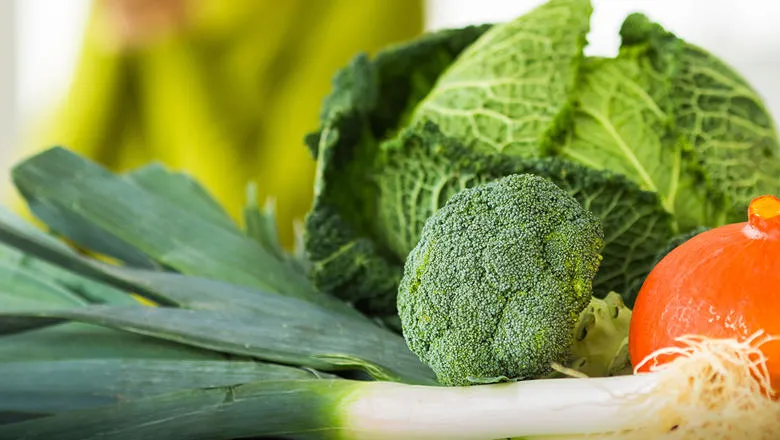Eating a Mediterranean diet, rich in whole grains, nuts, fish and vegetables, is associated with an improved immunotherapy response in patients with melanoma, a serious form of skin cancer.

Researchers at King's together with scientists at the Netherlands' University Medical Center Groningen (UMCG) revealed the results in today's edition of JAMA Oncology.
The study, supported by the Seerave Foundation, showed that a Mediterranean dietary pattern, including foods that is rich in fiber, unsaturated fat, antioxidants and polyphenols, was positively associated with the patient's response to immune checkpoint blockade (ICB). ICB is a relatively new and highly successful treatment against severe cancers used in immunotherapy to boost the immune system. These drugs cause the immune system to recognise, clear and destroy the cancer cells.
The connection between the diet, gut microbes and helping the immune system fight cancer is one of the most exciting areas of medical research. Our two publications clearly show the importance of a gut friendly diet on improving your chances of surviving a cancer.– Professor Tim Spector, co-lead of the study from the Department of Twin Research and Genetic Epidemiology
The teams found that diet appears to improve the efficacy and tolerability of ICB. A key potential mechanism underlying this association between diet and immunotherapy response is the gut microbiome. Last year, the group led by co-author Karla Lee and colleagues from King's showed that the composition of the gut microbiome at the start of treatment was a major factor in a patients response to this type of cancer treatment.
Preclinical studies have shown immunomodulatory and anti-tumor activities of several nutrients—including fiber, polyphenols, and antioxidants—that are all mediated via the gut microbiome.
Today's JAMA study analysed the dietary habits of 91 patients with advanced melanoma. They were all treated with checkpoint inhibitors and followed for 12 months. CT scans were used to measure the effect of the medication. The researchers also examined the progression-free survival of this group after one year.
Immunotherapy has revolutionized the treatment of different types of advanced cancer. But not all patients respond to it. Our study shows that dietary habits are likely to play a role in improving the treatment outcomes and patient survival– Dr Veronique Bataille from the Department of Twin Research & Genetic Epidemiology
Professor Spector added: "Medical practice is often falling behind the latest finding on diet and gut microbes, but I believe all cancer patients should now be given potentially lifesaving dietary advice such as increasing plant diversity, reducing junk food and adding fermented foods before starting therapies."
Large prospective studies are needed to confirm and refine the findings to improve targeted or personalised advice. Clinical intervention studies investigating the effect of a high-fiber diet, a ketogenic, low-carbohydrate diet and additional administration of omega-3s are ongoing.






